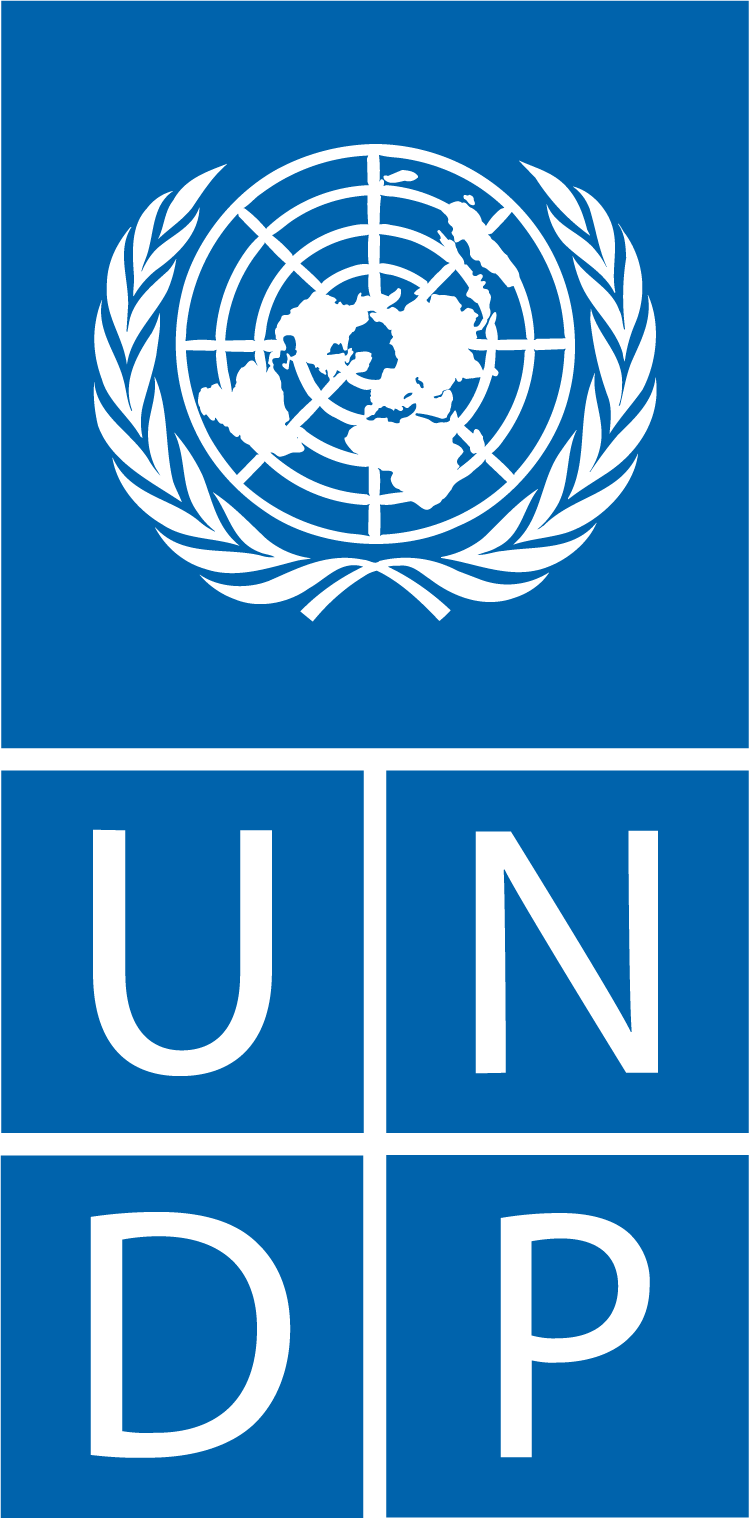Overview: The pillar seeks to enhance the governance, efficiency, and outputs of MSMEs engaged in agropastoralism and ICBT within the borderlands, including through increased access of MSMEs to finance. Activities will aim to create an enabling environment for private sector investments, reinforcement of governance mechanisms that enable the competitiveness of borderlands businesses and improve the business structuring and transparency of MSMEs. Activities will also promote the development of an entrepreneurship culture for micro businesses, enhancing businesses’ capacity to attract competitive funding from the private sector and development institutions. Activities can also include facilitating catalytic grants to MSMEs and connecting broader business funding, marketing and service networks.
In each targeted border towns and villages, a comprehensive assessment will be conducted to understand the value/supply chains capable of generating the maximum social and economic benefits to the communities, including policy reforms required for implementation. Such assessment shall also consider the map of existing financial instruments and providers to SMEs in the communities, the capacity of businesses to absorb and manage capital, criteria for grants and loans, capacity needs, and potential for engaging the private sector. These actions will lead to the development of costed entrepreneurship plans for specific geographical zones.
Entrepreneurship training and mentorship will entail designing, developing and delivering tailored training modules for skilled borderland inhabitants to enhance their business profitability. The training methodology shall be needs-based and participatory, based on context-specific realities and scenarios. Trainers shall be identified within beneficiary communities for peer training and mentorship. The specific actions shall include curriculum development, piloting, validation and roll-out. Training contents shall include business idea generation, cross-border policy awareness, market and financial analysis, planning, marketing, negotiation skills, costing and pricing, record keeping, saving and capital regeneration, and risk awareness. Gender sensitivity and human rights principles shall be mainstreamed in the training content. Each delivered training shall have end of training assessment to keep track of the immediate effects on trainees.
Credit and grants facilitation features the direct and indirect provision of small revolving loans to catalyze the growth of borderland businesses. Through grants provided to eligible cooperative groups, beneficiaries will be privileged to access limited loans with a low-interest rate and lending tenor longer than available in commercial banks. In addition, grants shall be provided by development and private sector partners to enhance access to capital to trained and vetted entrepreneurs on a concessionary basis. The specific actions of the activity include loan policy and plans development, vetting of beneficiaries, credit provision, monitoring and auditing, loan appraisal and performance evaluation.
Market facilitation support entails the exposure of businesses supported by the project to existing and emergent cross-border market opportunities. Through the activity, major private sector investors, potential buyers and government officials are influenced to increase their investment in borderland-based businesses. The enabling actions of the activity include cross-border road shows, participation of beneficiaries in major expos and outreach programmes, and organization of cross-border trade fairs to showcase the project’s products, processes and results. Additional actions also include organizing cross-border trade missions for groups of potential investors and off-takers of produced goods to have firsthand interaction with project beneficiaries.
A list of sample activities for to this pillar include:
- Social experiments to generate proof of concept on the viability of informal economic sectors in the borderlands.
- SDGs Investors Mapping to improve the business case for private sector investment.
- Digital Financial Inclusion (DFI) interventions improving access to finance.
- Develop niche financial products for females engaged in ICBT.
- Support policy reforms to strengthen MSMEs in the borderlands.
- Entrepreneurship and business mentorship training schemes.
- Business formalization support to MSMEs.
- Grants and credit facilitation programmes.
- Facilitate trade fairs/ expos and large business missions to borderlands commodity producers.


